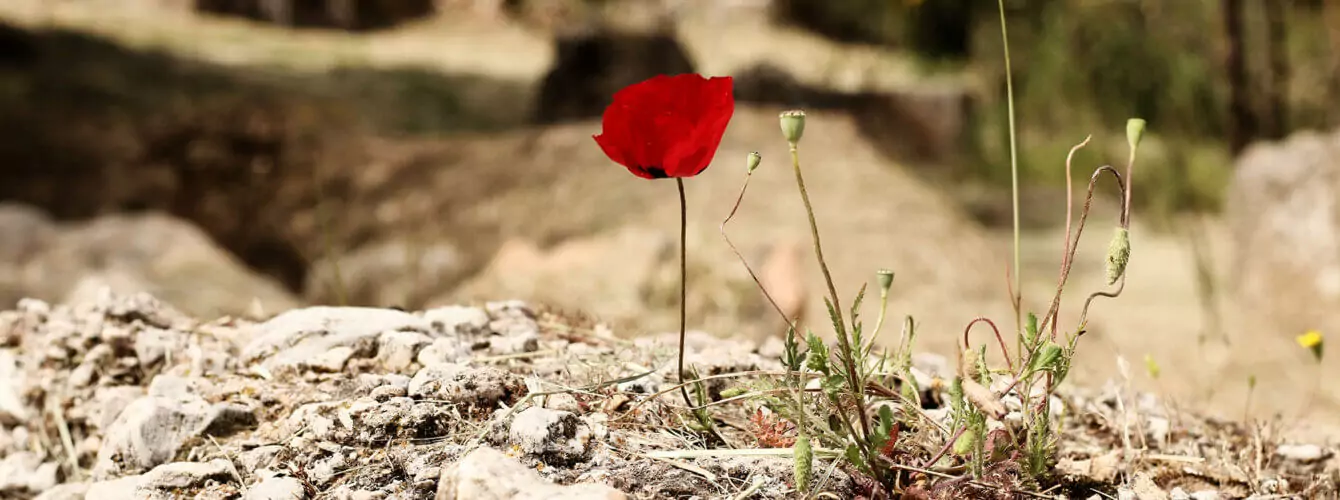The establishment of the Ministry of Climate Crisis and Civil Protection (September 2021) is an important innovation of our country. Because the effects of the climate change are becoming more and more prominent and threatening every day. Extreme weather events with disastrous consequences for humans, society, the environment and the economy are observed more frequently and occur more intensely. We live in a time of a “peak” in the climate change, we live in the era of climate crisis.
We must all adapt to this new reality. Both the State and citizens. It is a reality that creates new needs for different policies, for new approaches. This is what the Ministry of Climate Crisis and Civil Protection seeks, having set as its first priority to “bridge” the traditional approach to dealing with emergencies with the risk management of natural disasters.
Because “traditional”, retrospective, intervention is not enough. The climate crisis and its effects require action in advance, they require Prevention, Preparation/Preparedness and Immediate Response, in order to strengthen the country's resilience. These are the key pillars for the adaptation of our country to the new, innovative data, which are at the core of the Ministry's approach to managing risks as they arise from the climate crisis.
In this context, the formulation of a National Strategy for the Climate Crisis and Civil Protection is promoted. This is a long-term strategy, which is not just theoretical, but based on scientific facts and implemented with a specific Action Plan, on the basis of a National Dialogue on the climate crisis and its challenges.
The Ministry has already inaugurated the National Dialogue on the Climate Crisis at the end of 2021, with the active participation of parliamentary parties, the scientific community, civil society, every Greek woman and every Greek man, so that all of us can become participants in this great effort. And in this context, it proceeded, since February 2022, to develop a new research programme, which aims to explore attitudes and views on the climate change. With emphasis on individual environmental culture and the practices that citizens adopt or are willing to adopt, as well as the evaluation of climate crisis policies, especially on prevention, adaptation and awareness raising of citizens. A programme open to society, with participatory actions from citizens and the scientific community, brainstorming workshops, public presentations and publications.

The research was carried out in collaboration with the independent, non-profit organisation for research and analysis diANEOsis, as well as with the contribution of the public opinion research company Metron Analysis, which has extensive in-scope experience. Its results are available here (in Greek), along with the relevant accompanying material and, in particular, the , as well as the executive summary of the research (in Greek).
Above all, however, this new research programme is a useful guide for the policies and individual actions of the Ministry, as it captures in a highly comprehensible way the perceptions/needs/anxieties of Greek society in the face of the climate crisis. It also reflects the willingness of citizens to play a more active role through practical attitudes and initiatives on an individual and a collective level — an attitude that the Ministry of Climate Crisis and Civil Protection seeks to put at the “heart” of its policies.


